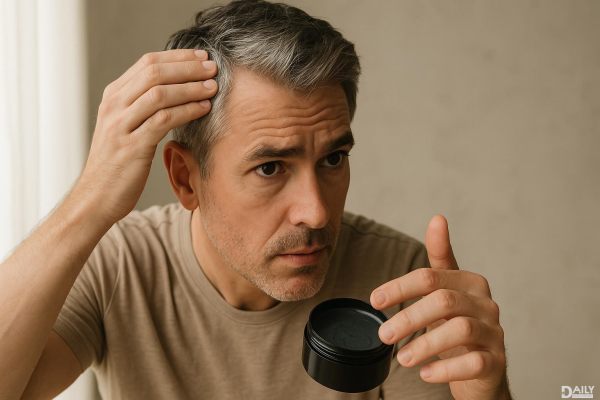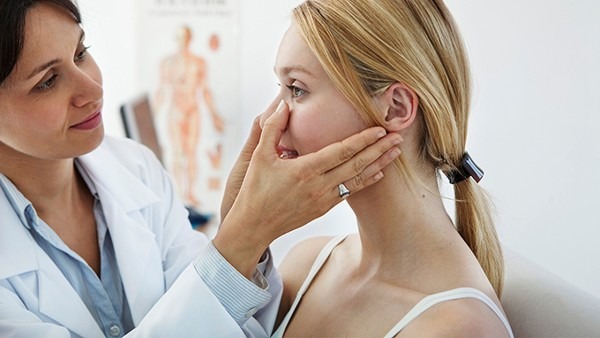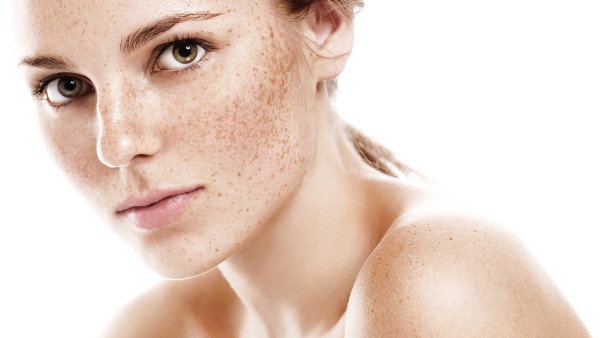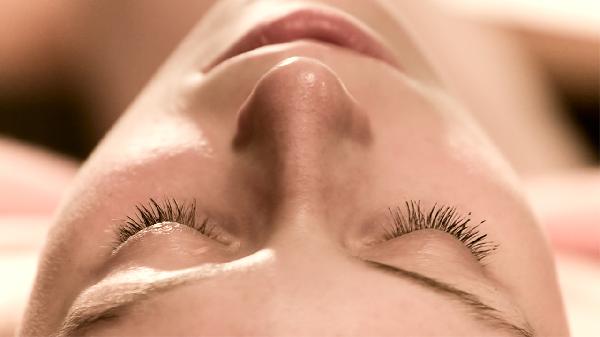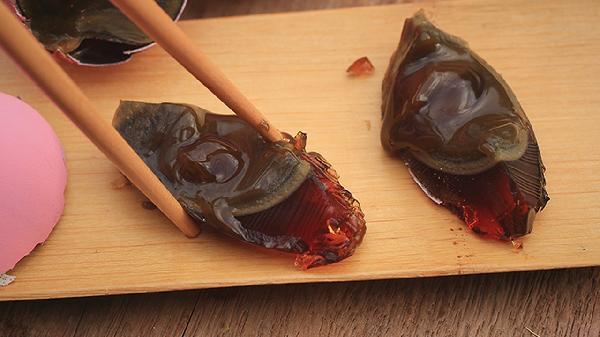1. Facial Cleansing
Wash your face with warm water, as cold water is not effective in removing oil, and hot water can stimulate sebum production. Avoid using harsh soaps; sulfur soap can be beneficial for acne. Do not use snow cream or other oily cosmetics.
2. Balanced Diet
Eat more vegetables and fruits, and less fatty, sugary, and spicy foods to maintain smooth bowel movements. Medical researchers have found that among teenagers who consume more seaweed, the incidence of acne is much lower. This is related to the high zinc content in seaweed. Zinc is an essential trace element in the human body, which not only enhances immune function but also participates in normal skin metabolism, promotes normal differentiation of epithelial cells, reduces keratinization of the sebaceous gland ducts, and facilitates the discharge of sebaceous gland secretions.
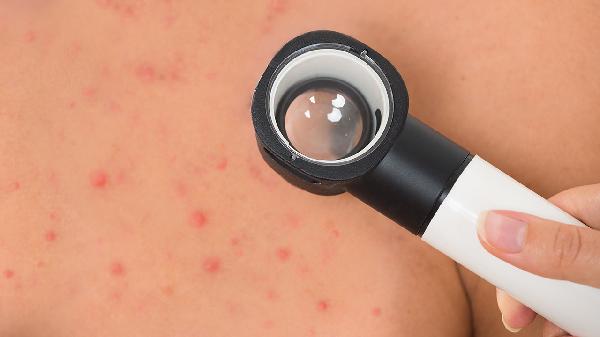
3. Avoid Squeezing with Hands
To prevent pus and inflammation, as the absorption of ruptured pustules can lead to scarring and pigmentation, affecting appearance. Antibiotics are effective for patients with severe infections.
4. Balance Work and Rest
Maintain a happy mood and avoid psychological stress, as it can cause neuroendocrine disorders and worsen acne. Mild cases can be left to resolve naturally, as pimples usually do not leave any marks after they disappear.
5. Treatment
Using retinoic acid, retinoids, and vitamin A can improve the keratinization process, helping to alleviate and eliminate symptoms.
